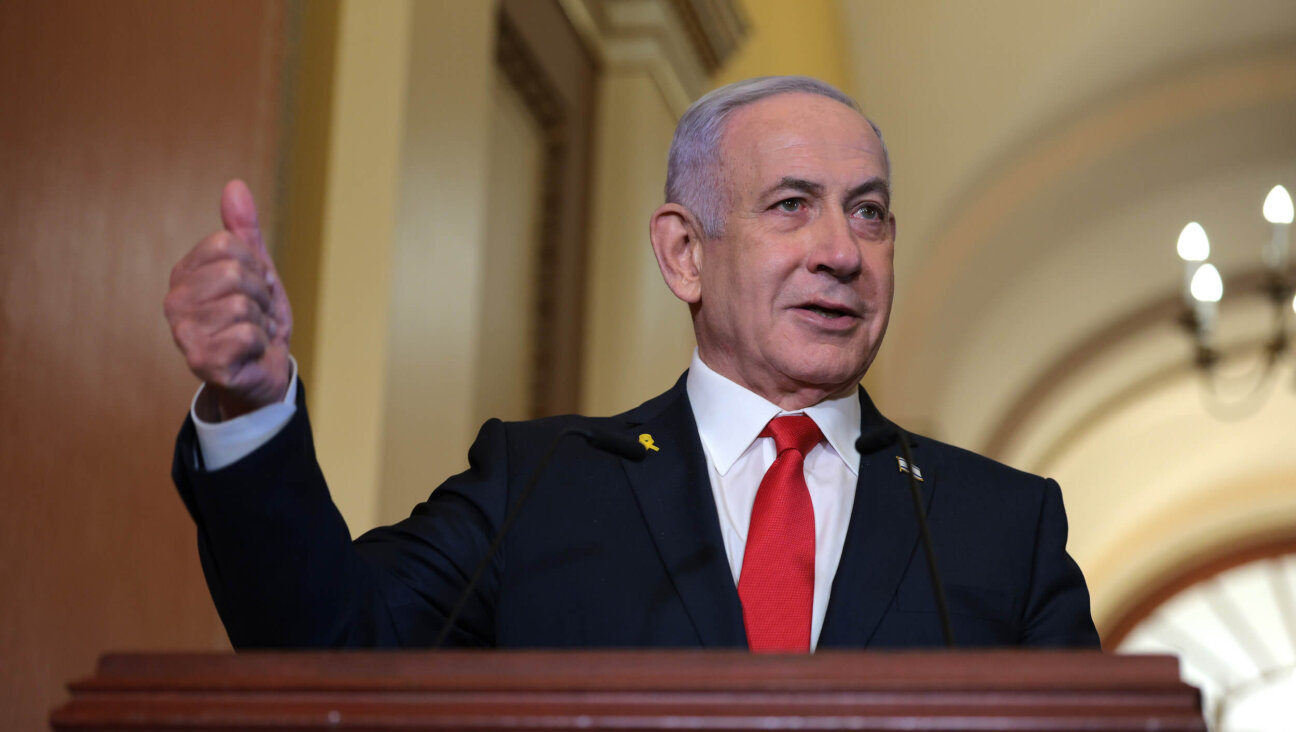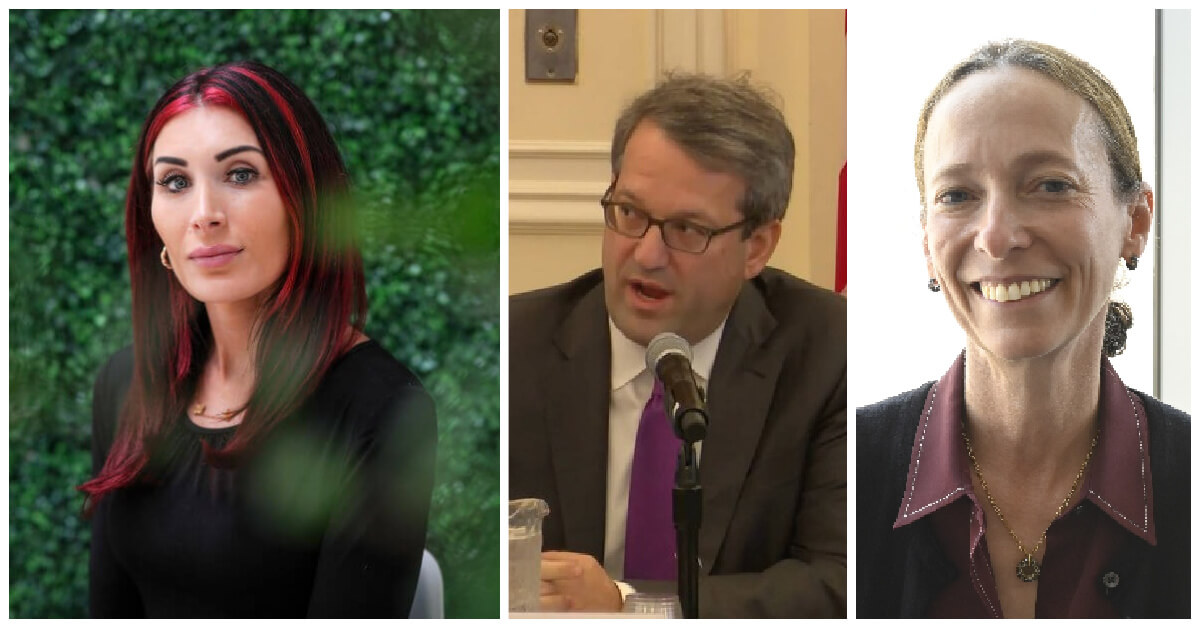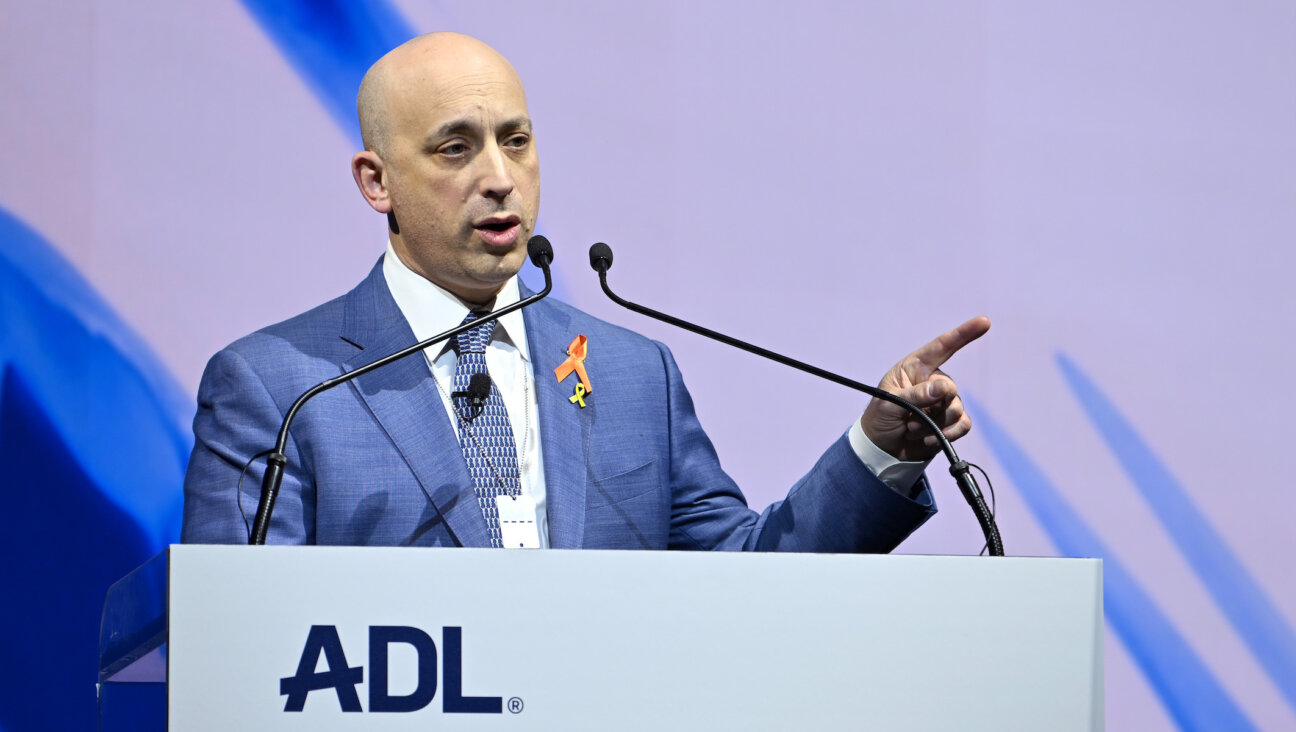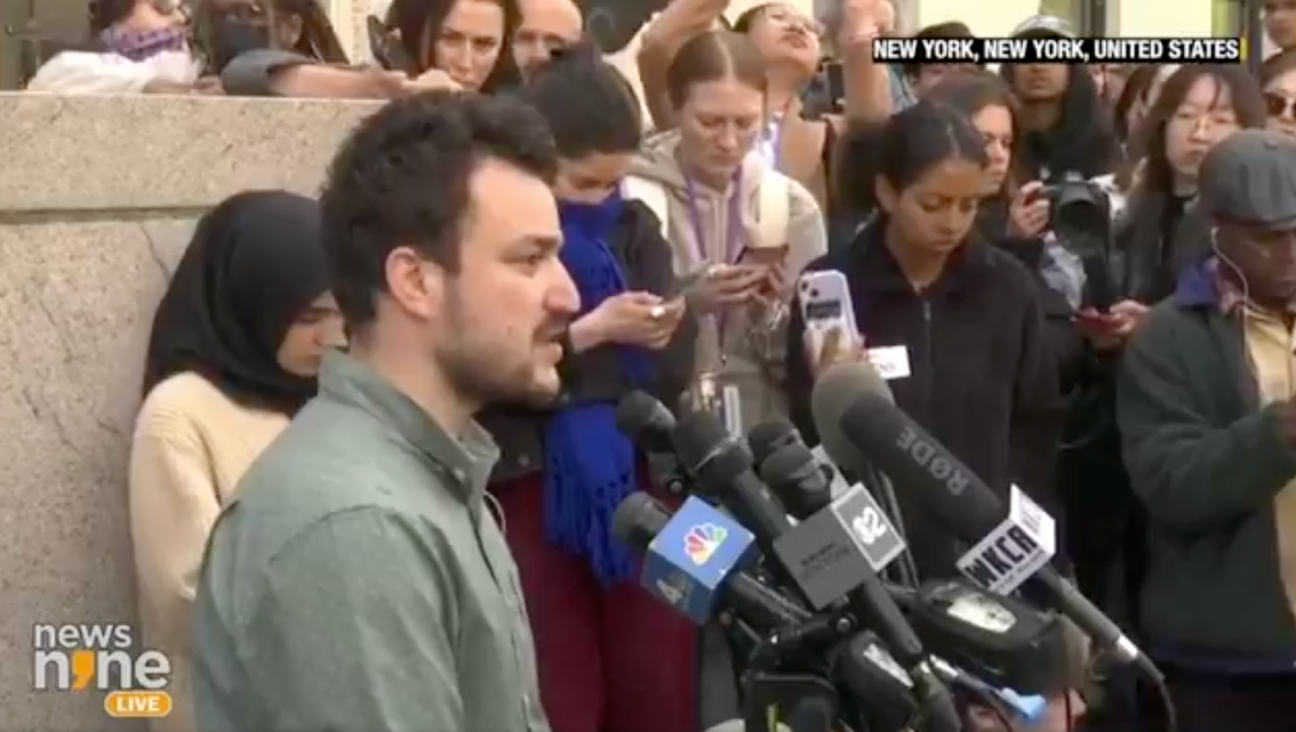Non-Zero Sum: Helping Others And Ourselves
Should Jews first take care of our own, or first serve the needs of society as a whole?
In the course of a meandering and much-discussed article in the latest issue of Commentary magazine, historian Jack Wertheimer of the Jewish Theological Seminary castigates the Jewish social justice world for prioritizing support for non-Jews over the internal concerns of the Jewish community. Into this latter category, he collapses social services for low-income Jews, day school scholarships and the affordability of institutions ranging from synagogues to Jewish community centers. With Jewish groups slashing their budgets, day school students transferring to public schools and Holocaust survivors struggling to make ends meet, he complains, how can Jewish social justice leaders possibly encourage Jews to put more money and volunteer energy into serving non-Jewish communities?
“[J]ust at a time when Jewish communal institutions are failing to attend to the needs of Jews at home and abroad, the hot trend in Jewish philanthropic and organizational circles, incredibly, is to channel ever more of their resources to nonsectarian causes,” he fumes. (The emphasis is Wertheimer’s.)
With this argument, Wertheimer falls into the trap, common on both the left and the right, of assuming a zero-sum game in which Jewish needs and the needs of everyone else stand in stark opposition, competing for scarce resources in a cutthroat world. Those on the right often argue that “social justice” Jews care little about the interests of their own people and seek only to transfer Jewish money to non-Jews. Those on the left tar their opponents as selfish paranoiacs and point to the relatively high socioeconomic level of the American Jewish community as evidence that Jewish money is best directed outside its confines.
To paraphrase Tevye: “You’re wrong, and you’re also wrong.”
Instead of pushing us only inward or outward, the current economic crisis should force us to recognize that the fortunes of American Jews are intimately tied to the fortunes of all Americans, and even to the world as a whole. It is true, as Wertheimer points out, that too many Jews who are
elderly, immigrants or minimum-wage workers barely scrape by. As a community we must not ignore their existence or their needs. But their pain should also prompt us to ask broader questions: Why do so many elderly people live in poverty? Why do immigrants struggle so hard to survive? Why can’t minimum-wage workers support their families on their earnings?
The Jewish federation world has long understood that it is neither practical nor politically advisable to serve Jews alone. Supported agencies, such as Jewish Family and Children’s Services, therefore accept clients of all religions and ethnicities, including Jews, while local and national bodies advocate for government funding for social services across the board. Despite this broad-based approach, many Jews continue to think of these organizations as only assisting Jews (in large part because, in order to appeal to donors, these agencies sometimes only stress their work with Jewish beneficiaries in their promotional and fundraising materials).
Meanwhile, Jewish organizations with a more explicit focus on the world as a whole also view service to the Jewish community as an essential part of their mission. Many Jewish social justice groups do integrate Jewish education and identity formation into their programming. They do so out of a recognition of the inherent value of Judaism and the Jewish community. Moreover, Jewish groups that specifically advocate for health care, job creation and raising the minimum wage understand that policy change in these areas will benefit Jews as well as non-Jews. For some Jewish families, a new job, higher wages or a lower health care bill might even free up money for synagogue dues or day school tuition. And those of us who do not receive Medicaid, attend public schools or live in subsidized housing still benefit from having neighbors and co-workers who are healthy, well-educated and safe.
American Jews do not live in a vacuum. Addressing the financial pressures of the Jewish community will require attention to the larger economic and social policies that hurt low-income and middle-class families. We should be honest that we want to address these issues in part because of our concern for the well-being of our own community. We should also take seriously the obligation to create a better world for everyone. And we should recognize that these two goals can best be achieved together.
Rabbi Jill Jacobs is the author of “There Shall be No Needy: Pursuing Social Justice through Jewish Law and Tradition” (Jewish Lights 2009) and the rabbi-in-residence at Jewish Funds for Justice. She is currently on sabbatical as a Jerusalem Fellow at the Mandel Leadership Institute.




























